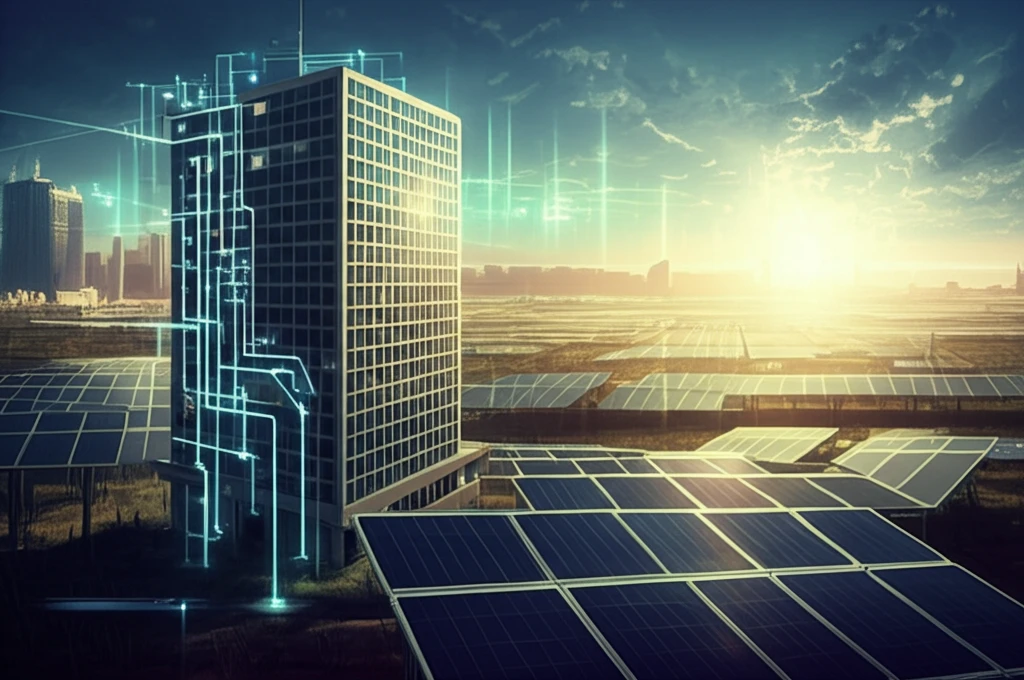
Power Up Your Profits: A Simple Guide to Corporate Renewable Energy Deals
"Unlock the secrets of Power Purchase Agreements (PPAs) and secure a sustainable energy future for your company."
The pressure is on for businesses to shrink their carbon footprint. For many, that means embracing renewable energy sources like solar and wind. But what's the best way to make that transition? Power Purchase Agreements, or PPAs, are emerging as a powerful tool for corporations looking to source renewable energy without the upfront investment of building their own facilities.
A PPA is essentially a long-term contract between a renewable energy producer and a consumer (your company!). You agree to purchase electricity at a fixed price for a set period, typically 5 to 20 years. This allows you to tap into renewable energy sources and meet sustainability goals.
However, these agreements can be complex, with many factors influencing their true value. This article simplifies the key concepts of PPAs and explores a novel approach to accurately assess their financial and environmental benefits, providing you with clear insights to make informed decisions.
What is a Power Purchase Agreement (PPA)?

Think of a PPA as a direct connection to a renewable energy source. Instead of relying solely on the traditional power grid, your company enters into an agreement with a wind, solar, or other renewable energy generator. They build and operate the facility, and you commit to buying the electricity it produces.
- Price Stability: PPAs provide a hedge against fluctuating energy prices. By locking in a fixed rate, you gain predictability over your long-term energy costs.
- Sustainability Boost: You directly support renewable energy development and reduce your reliance on fossil fuels, enhancing your company's environmental image.
- No Upfront Investment: Avoid the significant capital expenditure and operational headaches of owning and maintaining your own renewable energy infrastructure.
- Potential Cost Savings: Depending on market conditions and the agreed-upon price, PPAs can deliver cost savings compared to traditional electricity procurement.
The Future is Renewable
Power Purchase Agreements are increasingly vital for companies committed to sustainability and financial prudence. By understanding the dynamics of PPA valuation and utilizing advanced modeling techniques, your business can confidently navigate the renewable energy landscape and secure a brighter, greener future.
